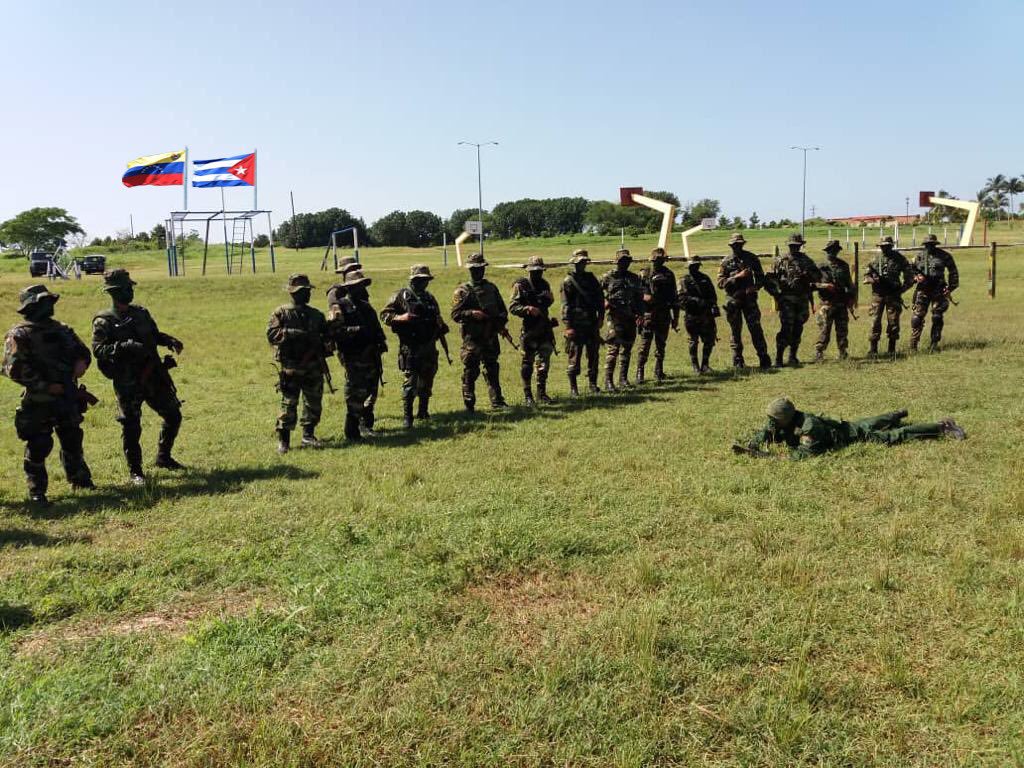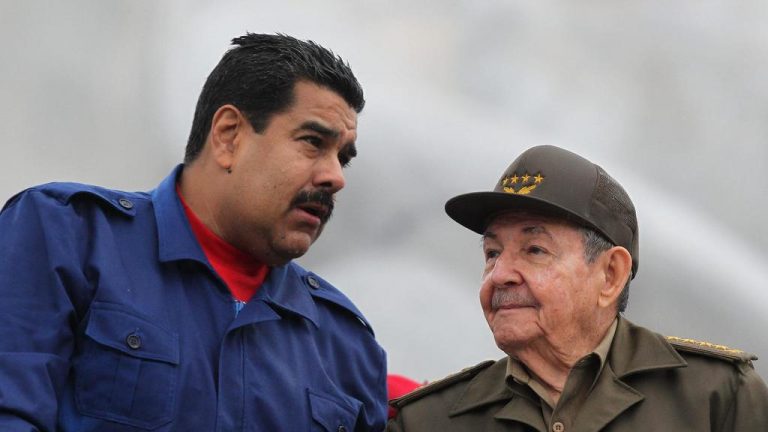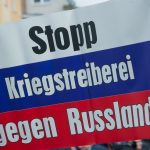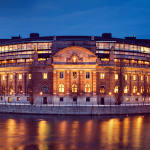Cuban military and intelligence personnel help Nicolás Maduro stay in power and survive in social, economic, and humanitarian crisis. At the same time Venezuelan oil continues to provide much needed support to the Cuban economy. Cuba and Venezuela are interdependent, such that developments in one country would have critical effects in the other. To replace the dictatorship regime in Caracas, there is a need to drive a wedge between Havana and Caracas, instead of increasing pressure on them.
Until 2013, Venezuela could afford the economic cost of support to Cuba during a decade of rising oil prices, and the Cuban and Venezuelan governments had been strategically aligned under Chávez and the Castros. The personal and political solidarity between the two countries’ leaders mitigated the vulnerabilities created by interdependence.
The death of Chávez and the onset of Venezuela’s prolonged economic crisis have instead transformed it into one of elevated mutual dependence. Maduro and his confidants rely on Cuban security and intelligence personnel to identify potential coup plots and provide advice on managing popular unrest. At the same timethe governments of Raúl Castro and now Miguel Díaz-Canel have relied on Venezuelan oil to keep Cuba’s economy running. While Díaz-Canel has offered Maduro his “unwavering solidarity,” the relationship lacks much of the public political activism that characterized the previous periods.
Cuba helps Maduro stay in power while Venezuela helps Cuba maintain itself economically. Both countries have a fear of regime change.
Approximately 20,000 Cuban medical professionals have left the country to Venezuela before Chávez’s death. As Venezuela’s economic crisis intensified in 2013, funding for Barrio Adentro decreased. So many Cuban medical personnel began returning to Cuba; Castro and Díaz-Canel recalled some allegedly due to a lack of payment by Venezuela, while others sought asylum in the United States. As a result, the head of the Venezuelan Medical Federation reported that 80 percent of the program’s physical establishments had been abandoned.
The Cuba-Venezuela relationship is based on the security and intelligence cooperation. The Cuban government has supplied Caracas with security and intelligence, deploying security personnel to protect Maduro and other members of the political elite, providing counterintelligence support to mitigate uprisings, and technical advisory to counter opposition and international efforts at regime change. Cubans’ apparent degree of influence within the military high command and political leadership is very high.
Cuban spies, intelligence and political advisers, counterintelligence agents, and military trainers help suppress dissent within the armed forces and throughout society. Maduro, like Chávez, admires the Cuban leadership’s success at maintaining itself in power and has employed some of the same methods, such as repression, censorship, and social control. Maduro also has used consumer good scarcity and rationing as a way to control the population, has leveraged migration as a means of reducing socio-economic and political pressure and has intentionally created fear and distrust among citizens as a means of mitigating potential uprisings.
Ascertaining the true numbers of Cuban military and intelligence professionals deployed to Venezuela is fraught with difficulty. Unconfirmed and doubtful sources estimate the number of such Cuban Consequent in range from 4,500 to 25,000 military and intelligence personnel embedded in the Venezuelan military and intelligence services. Cuban military reportedly dress in civilian. Organization of American States Secretary-General Luis Almagro has suggested a number of 22,000 Cuban “advisors” in the Venezuelan government. John Bolton, the former National Security Advisor belevied an accusation that “somewhere between 20,000 and 25,000 Cuban military and intelligence professionals prop up the Maduro government”. One anti-Castro leaning think tank, cited by the Panama Post and The Independent, claims that there are just over 4,500 personnel organized into battalions spread throughout the country.

It is difficult to distinguish Cuban security and intelligence personnel representing the FAR, MININT and its Intelligence Directorate (DI). Havana tries to create ambiguity about personnel deployed to Venezuela. It is likely that these institutions have different functions. They are providing technical support to the Venezuelan military, aiding the government in maintaining domestic order, supporting intelligence operations.
Brian Fonseca and John Polga-Hecimovich from Wilson Center believe that some Venezuelan military are adverse to a Cuban “advisors” presence that undermines the prominence of the Venezuelan military.
Maduro appears to base at least some of his decisions on the opinions and instructions of Cuban advisers, since he knows that his survival depends in part on their expertise. Intelligence and counterintelligence provided by both Venezuelan and Cuban personnel—are particularly important for the president to detect threats to his power.
There are signs that the security and intelligence cooperation is coordinated through the Cuba Cooperation and Liaison Group in Venezuela (GRUCE) that works closely with the Bolivarian Intelligence Service (SEBIN) and the Military Counterintelligence Directorate (DGCIM).
Maduro continues to grant generous, albeit declining, oil subsidies to Cuba. There have been disruptions and interruptions in crude shipments.
Maduro is also supported by Russia and China. So, undermining Cuban cooperation with Maduro regime will not lead to falling the power in Caracas.




